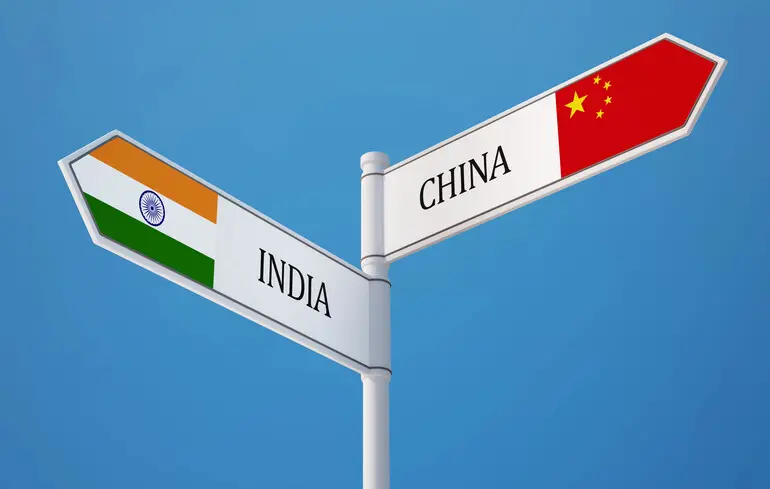International Political Dynamics: India-China Reconciliation Amid U.S. Sanctions

U.S.
policies towards China and India are fostering closer bilateral ties and prompting a shift in regional geopolitics.
In August, both nations revitalized cooperation by restoring direct flights, simplifying visa procedures, and re-establishing border trade.
Leaders from both countries emphasized the importance of partnership over confrontation, with Chinese Foreign Minister Wang Yi asserting that China and India should be allies, not enemies.
These developments occur against the backdrop of strained U.S.
relations, including Donald Trump’s imposition of 50% tariffs on Indian goods and urging New Delhi to shed reliance on Russian oil.
Additionally, China remains concerned about potential disruptions in financial transfers through the SWIFT system.
Political analyst Nandan Unnikrishnan views this convergence as a pragmatic, independent process aimed at stabilizing relations and reducing unexpected shocks that hinder internal development and threaten security.
Significantly, Indian Prime Minister Narendra Modi will, for the first time in seven years, visit China, participating in the Shanghai Cooperation Organization summit alongside Russian President Vladimir Putin.
This signifies a strategic move toward regional stability and reinforced cooperation among these major powers.

